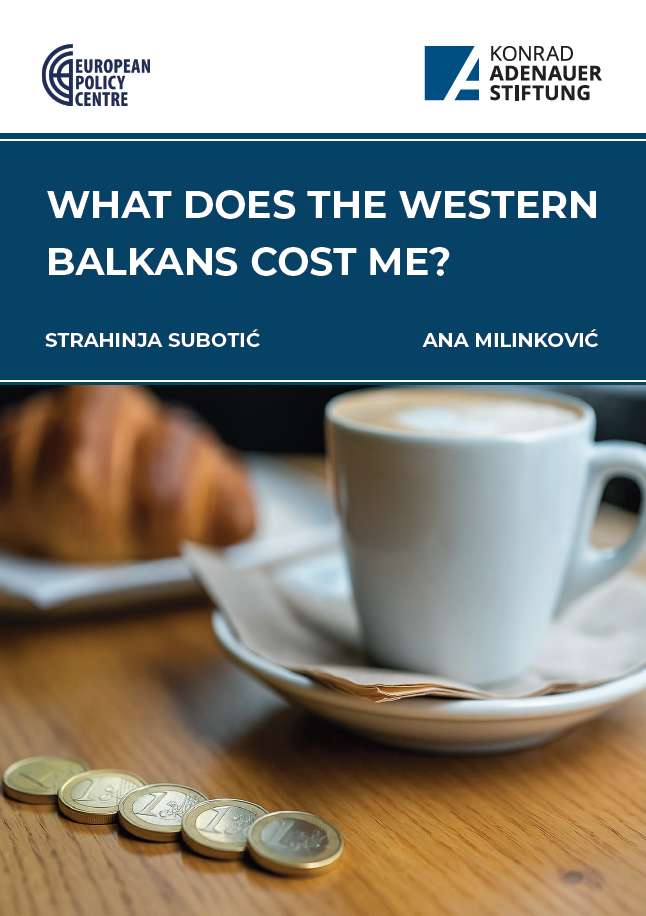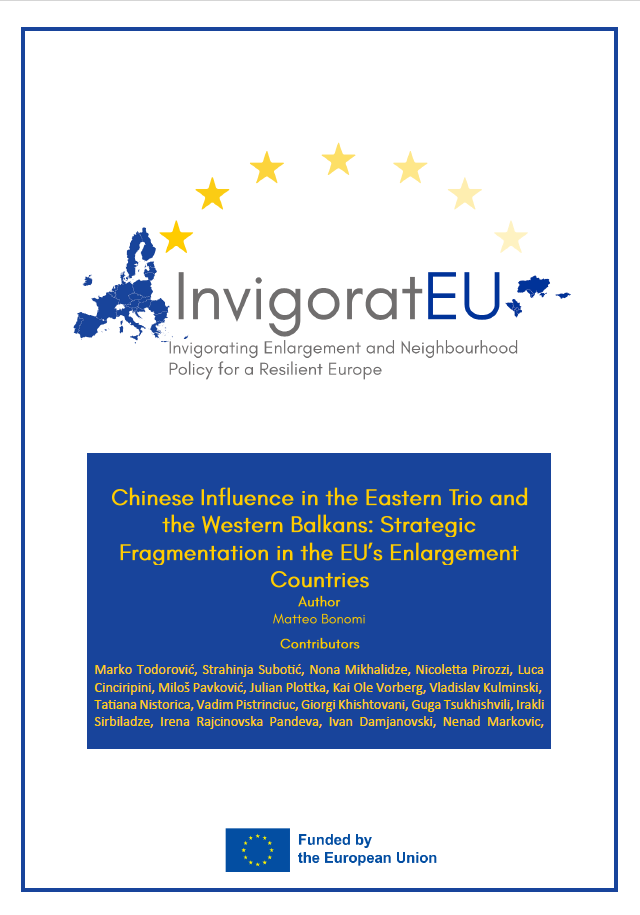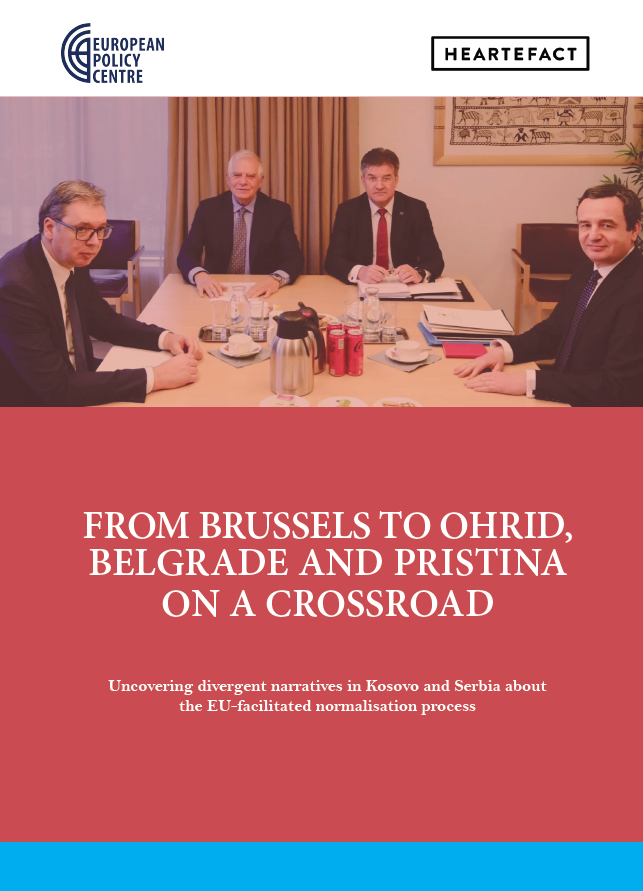Headquarters: Svetog Nauma 7, 11000
Office address: Đorđa Vajferta 13, 11000
Phone:: +381 11 4529 323
If Serbia is to approach European Union accession as a process of becoming a capable and credible member state and not simply as a project of achieving membership status, it will need to thoroughly reform its policy making system.
In order to “speak with a single voice” in the complex EU policy arena, as well as reap the benefits of EU membership to the maximum (and not lose out instead) Serbia will need to ensure that the positions it presents in Brussels are based on sound, well-analysed, wellevidenced and well coordinated policies. In its endeavour to achieve this end, Serbia can learn much from the policy making and coordination practices of the UK, France, Poland and Latvia – all successful member states in different ways and for different reasons, but all similar in that they approach the design and coordination of their policies towards Brussels with much care. The objective of this study is to shed light on the relevance of policy making and coordination for EU membership negotiations as well as negotiations within the Council of the EU after accession, in hope of creating a stronger incentive for domestic policy makers to address the deficiencies of these systems as early as possible in the accession process.


